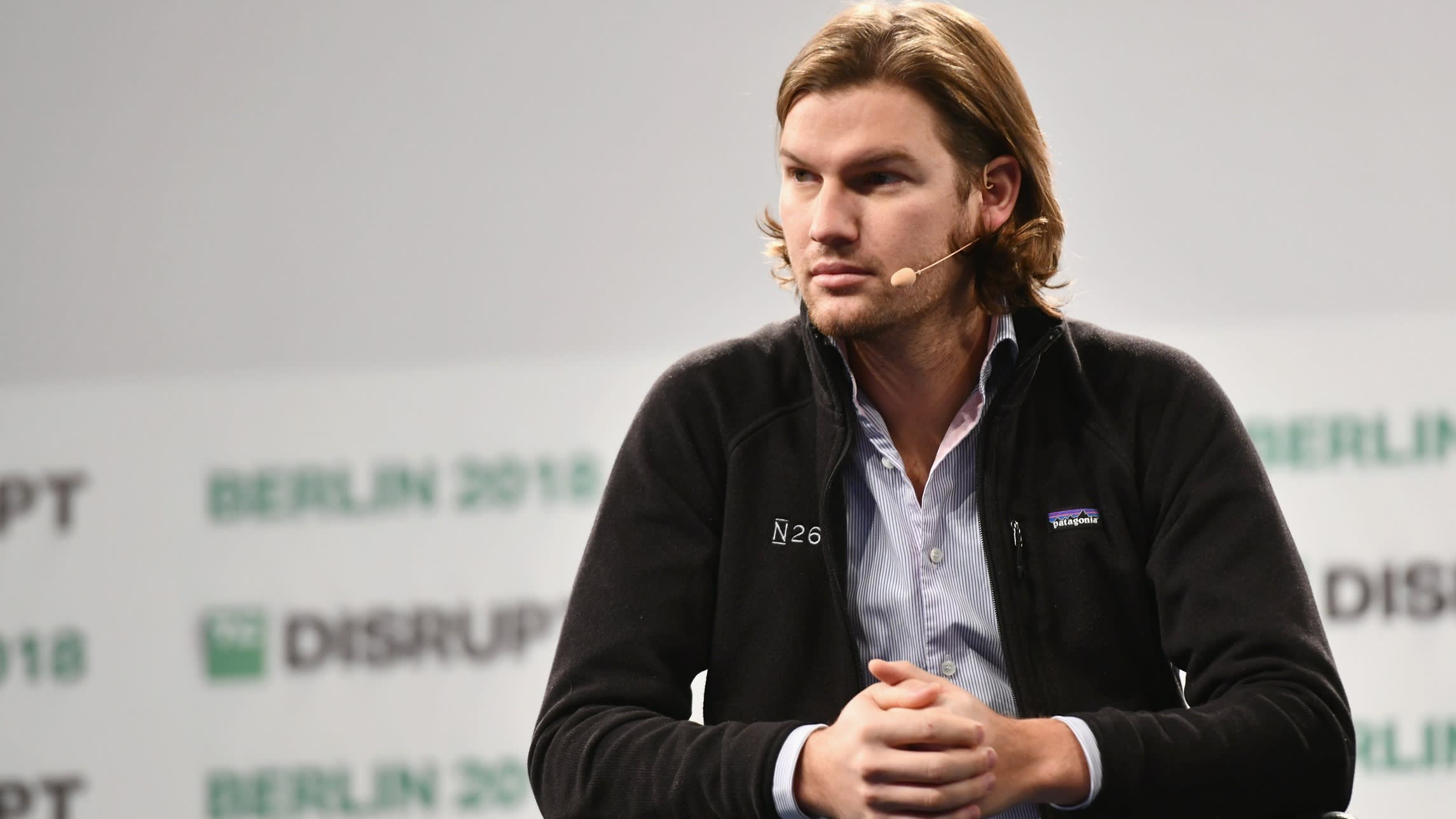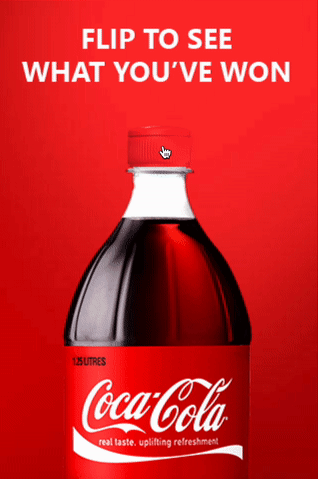
One scoop to start: Evelyn Partners’ private equity backers are planning to kick off a sale process within months targeting potential suitors including NatWest and RBC, in the latest evidence of consolidation among wealth managers.
And another thing: Warren Buffett’s Berkshire Hathaway resumed selling shares of Apple in the second quarter, dumping a stake worth more than $4bn after pausing his dispositions of the iPhone maker for nearly a year.
Welcome to Due Diligence, your briefing on dealmaking, private equity and corporate finance. This article is an on-site version of the newsletter. Premium subscribers can sign up here to get the newsletter delivered every Tuesday to Friday. Standard subscribers can upgrade to Premium here, or explore all FT newsletters. Get in touch with us anytime: [email protected]
In today’s newsletter:
-
Investors call for a founder exit at N26
-
A non-profit’s fund manager shares his secrets
-
The cloistered world of private auctions
Boardroom battle at N26
A clash between investors and founders at Germany’s most valuable fintech might be nearing its endgame.
In 2013, Valentin Stalf and Max Tayenthal set up N26, an app-only bank, eventually growing it to a nearly €8bn valuation. However, their time running the start-up as co-CEOs appears to be approaching its close.
Stalf and Tayenthal are in negotiations with the company’s backers to leave their posts by the end of the year, report the FT’s Florian Müller and DD’s Ivan Levingston.
N26 has for years been in the crosshairs of German financial watchdog BaFin, with the regulator slapping sanctions on the bank for alleged flaws in its risk management. A fresh threat of sanctions from BaFin last month appears to have been the final straw for investors who want the founding duo out.
Among those involved are shareholders including Third Point’s venture capital arm and Coatue Management.
They were part of a group of investors guaranteed a 25 per cent annualised rate of return in a fundraising round in 2021, which valued the business at €7.7bn.
Unfortunately for them, BaFin imposed caps on the bank’s growth the very same year. The regulator limited N26 to 50,000 new members a month, alleging flaws in its anti-money laundering controls. BaFin also appointed a supervisor to monitor the business.
Shareholders breathed a sigh of relief when those restrictions were lifted last year — only for BaFin to emerge last month with renewed warnings of sanctions.
N26 had been exploring ways to buy out investors in the 2021 fundraising round but that plan did not go ahead.
The deal currently under discussion would see Stalf and Tayenthal waive their special voting rights, including veto power over big decisions, in exchange for those investors taking a haircut on their returns.
N26 will hope that the deal allows it to draw a line under the dispute and help it begin the process of getting its house in order.
(The group said it would “not comment on speculation”, adding that “all aspects of the ongoing exchange between N26 and BaFin are confidential”.)
Other start-ups can afford to have bust-ups and mishaps, but running a bank means handling the cash of everyday people, and that comes with an inevitable level of scrutiny.
Fintechs such as N26, Monzo and Revolut took the world of retail banking by storm when they emerged a decade ago with snazzy apps and products that put traditional institutions to shame.
But banking heavyweights are now catching up and putting their decades of hard-won experience to good use.
That means N26 and its peers are going to have to grow up quickly.
The science sponsor beating Harvard’s endowment
The Wellcome Trust is best known in scientific circles for its generous funding of research. But you might be surprised to learn that the charitable foundation has notched up a fairly impressive investment record over the past decade.
That’s the result of some canny bets by outgoing chief investment officer Nick Moakes, the FT’s Harriet Agnew reports.
Over the past decade, the charity has delivered annualised returns of 11.3 per cent — greater than the average 7.6 per cent earned annually over that period by the considerably more renowned Harvard University endowment.
What’s all the more striking about that record is that it’s been built on just a few wildly successful bets, as Moakes explained (admittedly, in rather more prosaic terms).
“If in doubt, do nothing,” was how he summarised the foundation’s investment approach. “We need to make a small number of decisions, and we need to make them in a size that is going to make a difference to the portfolio.”
Moakes’ first big success came in the run-up to the global financial crisis. Building on the foundations of his predecessor, he cut exposure to equities and other risk assets.
That meant Wellcome was perfectly placed to buy megacap equities after Lehman Brothers’ collapse in 2008. It then benefited from a huge post-crisis rebound during the following decade.
From the mid-2010s onwards, Wellcome shifted its focus to private managers, especially early-stage venture capital.
As Covid-19 began to spread across the globe, Moakes’ scientist colleagues at the Wellcome Trust were some of the first to sound the alarm bell. That, combined with his concerns around overvalued equities, drove Moakes to put in place “significant hedges”.
The smart hedge allowed Wellcome to ride out the pandemic turmoil. And Wellcome’s long-standing investment in VC delivered a whopping 34.5 per cent total return in the year to September 2021.
Yet Moakes admits he’s made errors. The 61-year-old, who spent seven years in Hong Kong, says he was too slow to cut exposure to China. And he says he wasn’t bullish enough on American exceptionalism.
To learn more about Wellcome, its path to success and the competitive advantage it has as a charitable foundation, read the full interview with Moakes here.
The art world gets even more exclusive
Picture the scene: a large auction sale room, rows of impeccably dressed collectors, their paddles flying up as the auctioneer at the rostrum drives the numbers higher.
That’s becoming increasingly uncommon among the wealthiest art collectors, who are shunning public auctions in favour of invitation-only events.
Take Ken Griffin’s $195mn purchase of Mark Rothko’s “No 6 (Violet, Green and Red)” last year. The seller, Russian billionaire Dmitry Rybolovlev, put the painting up for sale in a private auction organised by Christie’s.
It’s a trend that’s taken shape over the past five years as public auctions have become less profitable, with smaller pools of bidders for top works.
Just this May, a $70mn bust by Alberto Giacometti failed to sell at a public auction at Sotheby’s.
One factor behind the change is a post-Covid reluctance to travel the world for public sales. There’s also the sense of exclusivity. Public auctions are open to all who can afford to buy in, but to get into a private auction, you’ve got to be moving in the right circles. Meanwhile, for sellers, private auctions offer privacy and discretion
The shift has been difficult for large auction houses, which are also contending with lower demand because of slower economic growth in China and political uncertainty in the US.
Christie’s, owned by François Pinault’s Artémis Group, reported first-half sales of $2.1bn, flat on last year.
The group is looking to an unusual source to help power its revival, in the form of Donald Trump’s “big, beautiful bill”.
The US president’s flagship tax and spending policy is expected to benefit wealthier Americans. That makes it music to the ears of art sellers, as Christie’s chief Bonnie Brennan told FT wealth editor Josh Spero.
Job moves
-
McDermott Will & Schulte will hire Ira Schacter, a 40-year veteran of Cadwalader, New York’s oldest law firm, according to Bloomberg. Schacter will lead a new financial services team within its transactions practice.
-
Lyft’s co-founders Logan Green and John Zimmer are stepping down from the company’s board of directors, marking the end of a two-year transition plan.
Smart reads
Pharma fallout The UK’s life sciences sector has long been one of its crown jewels. But Big Pharma is getting restless, the FT’s editorial board writes.
Wall Street’s U-turn Rewind just a couple of years and traditional finance heavyweights were sounding the alarm about crypto. Since Trump’s re-election they’ve changed their tune, The New York Times writes.
Brainy babies Silicon Valley titans are paying tens of thousands of dollars to screen embryos for IQ, The Wall Street Journal reports. It’s being called “genetic optimisation”.
News round-up
BlackRock strikes $11bn Saudi Arabian natural gas deal (FT)
AI start-up Cohere raises $500mn as it challenges OpenAI for business clients (FT)
Daniel Loeb wins shareholder vote on plan to convert London vehicle into Cayman insurer (FT)
Panama ports deal will not close this year, warns CK Hutchison (FT)
Aon sued for alleged fraud linked to credit insurance for start-ups (FT)
EG Group to sell Australian business for £530mn in debt-reduction drive (FT)
Unite agrees to buy rival student landlord Empiric in £723mn deal (FT)
AI boom helps Apple’s biggest supplier earn more from servers than smartphones (FT)
Opec oil ‘price war’ will halt shale boom, say US producers (FT)
Due Diligence is written by Arash Massoudi, Ivan Levingston, Ortenca Aliaj, Alexandra Heal and Robert Smith in London, James Fontanella-Khan, Sujeet Indap, Eric Platt, Antoine Gara, Amelia Pollard, Maria Heeter, Kaye Wiggins, Oliver Barnes, Jamie John and Hannah Pedone in New York, George Hammond and Tabby Kinder in San Francisco, Arjun Neil Alim in Hong Kong. Please send feedback to [email protected]



